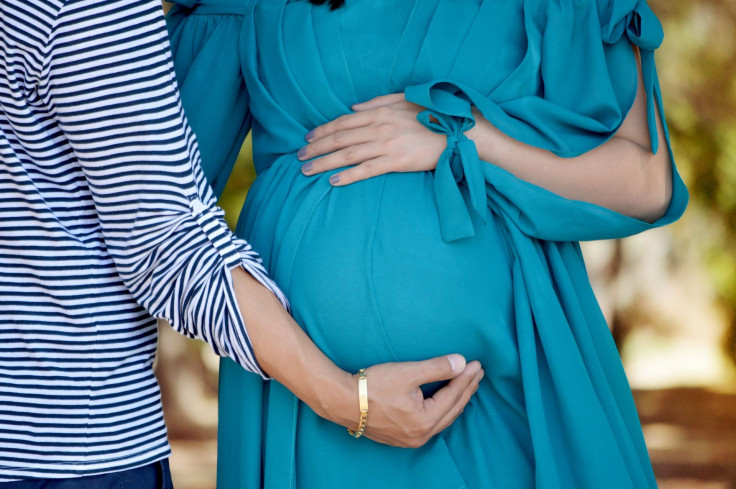World Down Syndrome Day 2017: Genetic Disorder Births Are Up; Has Prenatal Testing Affected Numbers?

Every year, about 1 in 700 babies are born with Down syndrome, the most common chromosomal disorder. Today marks the 12th anniversary of World Down Syndrome Day, an event aimed at raising awareness about the disorder.
While everyone has heard of Down syndrome, not everyone knows what it actually means to have the condition. According to the National Down Syndrome Society, it occurs when a baby has an extra copy of the 21st chromosome.
Currently, there is no way to prevent Down syndrome, as the causes aren’t known. The CDC notes that older mothers are more likely to have babies with Down syndrome, so maternal age could be one factor. However, prenatal testing can give parents an idea about whether their child may have Down syndrome. While optional, the American College of Obstetricians and Gynecologists recommends that all pregnant women opt for screening and diagnostic testing, writes the Mayo Clinic.
Screenings indicate the chances of carrying a baby with Down syndrome, whereas diagnostic tests determine whether your child actually has the condition.
Blood and ultrasound tests are usually done in the first trimester as part of the screening process, according to the National Institute of Child Health and Human Development (NICHD). The blood test lets doctors look for certain proteins that are associated with Down syndrome. After, an ultrasound is done to look for fluid around a baby’s neck, which can also be tied to the condition. This is typically the preferred method and is usually more effective than a blood test during the second trimester, writes the NICHD. However, they caution that the test is not as accurate for women pregnant with multiple babies.
Read: Down Syndrome Research Gets Boost From NIH With New Patient-Integrated Web Portal
Though testing is easily available, it’s not quite clear how this is affecting the number of babies born with Down syndrome. A 2009 article in ABC News reported that births were down in the United States. Dr. Brian Skotko, a pediatric geneticist at Children's Hospital Boston, told the news organization that he believes without prenatal testing, there would be a 34 percent increase in the number of babies with the condition between 1989 and 2005. However, an article in The Atlantic by Dr. Adam Wolfberg, an obstetrician at Boston Maternal-Fetal Medicine, writes that many are choosing to proceed with their pregnancies despite a Down syndrome diagnosis. The Centers for Disease Control and Prevention estimates that the number of babies born with Down syndrome increased 30 percent from 1979 to 2003.
March 21 is an important day for people with Down syndrome and their families as it gives a voice to the community. The day was chosen to signify the unique occurrence of the 21st chromosome that causes the condition.
See Also:
Yes It's Possible To Get Pregnant While Pregnant Because Of Superfetation
Baby Blues Diet: Nutritional Supplements May Prevent Post-Partum Depression
Published by Medicaldaily.com



























